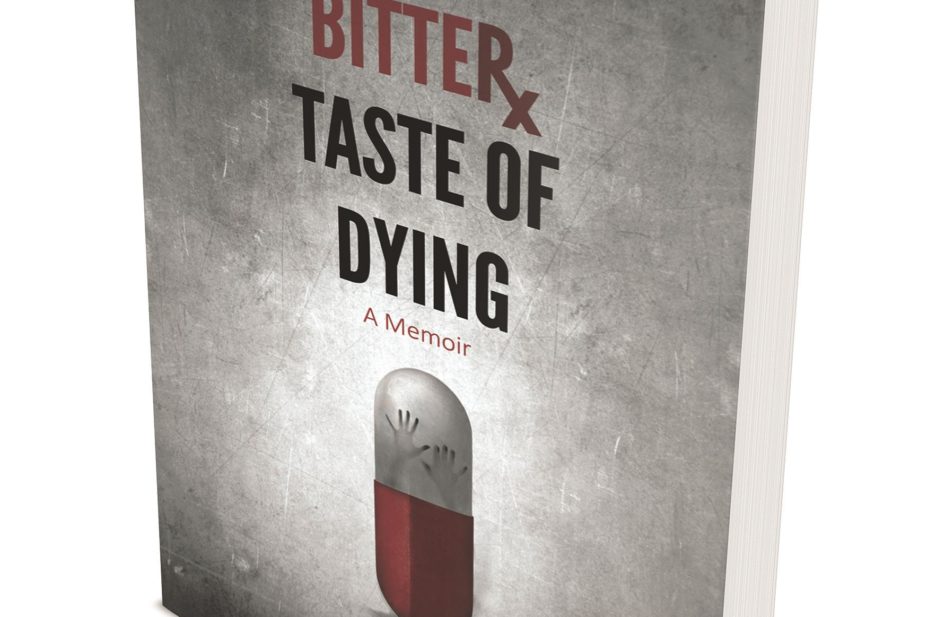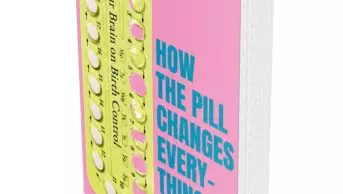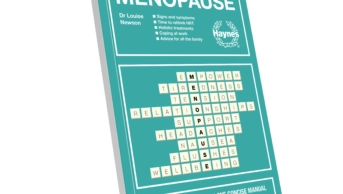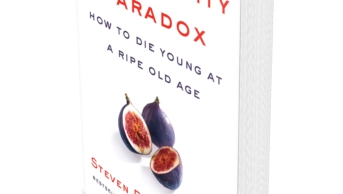
“I’d lied to and manipulated and stole from anybody who was close to me, and there’s a reason for that: they were easy targets. The ones who love us the most tend to be the ones who are closest to us, and their proximity makes them obvious marks. Harming them doesn’t feel good, nor does it feel bad — it simply doesn’t feel like anything.”
In ‘The bitter taste of dying: a memoir’, prescription drug addict Jason Smith tells his story, giving insight into how and why people who abuse drugs cannot stop taking them. This intelligent and honest book is written as a reported conversation between Smith and his sponsor, a former drug addict, with each chapter describing a different part of his journey into addiction in mostly chronological order.
Smith’s story begins when he watches his uncle die of a heroin overdose. He himself becomes addicted to opioid painkillers following a car accident, when he was given Demerol (meperidine) in hospital. He writes: “From that day forward, I’d chase that feeling. From zero to forever with one shot to the vein.” After his discharge from hospital, he was given Norco 10-325, a codeine derivative, and Soma, a skeletal muscle relaxant.
Since he is addicted to prescription as opposed to illegal drugs, Smith initially finds it difficult to accept he is a drug addict. He focuses on the differences between him and a girl who prostitutes herself for heroin, for example. “Truth is,” he realises, “I was no different than she was.”
In a particularly poignant chapter, Smith describes how he was arrested and sent to a Mexican prison for “trafficking” fentanyl. After going into extreme withdrawal and kicking the habit, he is finally released and wires himself his last US$100. “This was a chance to start anew,” he writes. “Free from addiction, free from fentanyl, free from doctors.” Instead, he immediately spends the money on fentanyl. “If you ever in your life start to question whether you’re a drug addict,” his sponsor advises, “I want you to remember this story.”
The medical and pharmacy professions are cast in a dark light throughout the book. Smith initially blames doctors for his addiction before he is made to confront his own agency in the situation. However, it is easy to see why Smith might feel this way. When he first reveals that he is abusing his medicines to his doctor, explaining that he is taking 30 days’ worth of pills in 10 days, the doctor rejects the idea he is abusing the drugs (because the doctor himself failed to notice) and instead gives him stronger medicines to handle his pain — fentanyl patches. Later, when he attempts to purchase OxyContin (oxycodone) from a French pharmacy, he is told simply: “Yes. But it is very strong.”
Although the book is written in an accessible and authentic style, parts of it make for difficult reading, for example, when Smith attempts suicide. The story offers an enlightening, deeply sad and frustrating insight into an addict’s psyche for other patients and their family, friends and healthcare providers.
References
‘The bitter taste of dying: a memoir’, by Jason Smith. Pp vii+200 £9.53. New York: Thought Catalog Books; 2015. ISBN 978 0 99640 200 2


